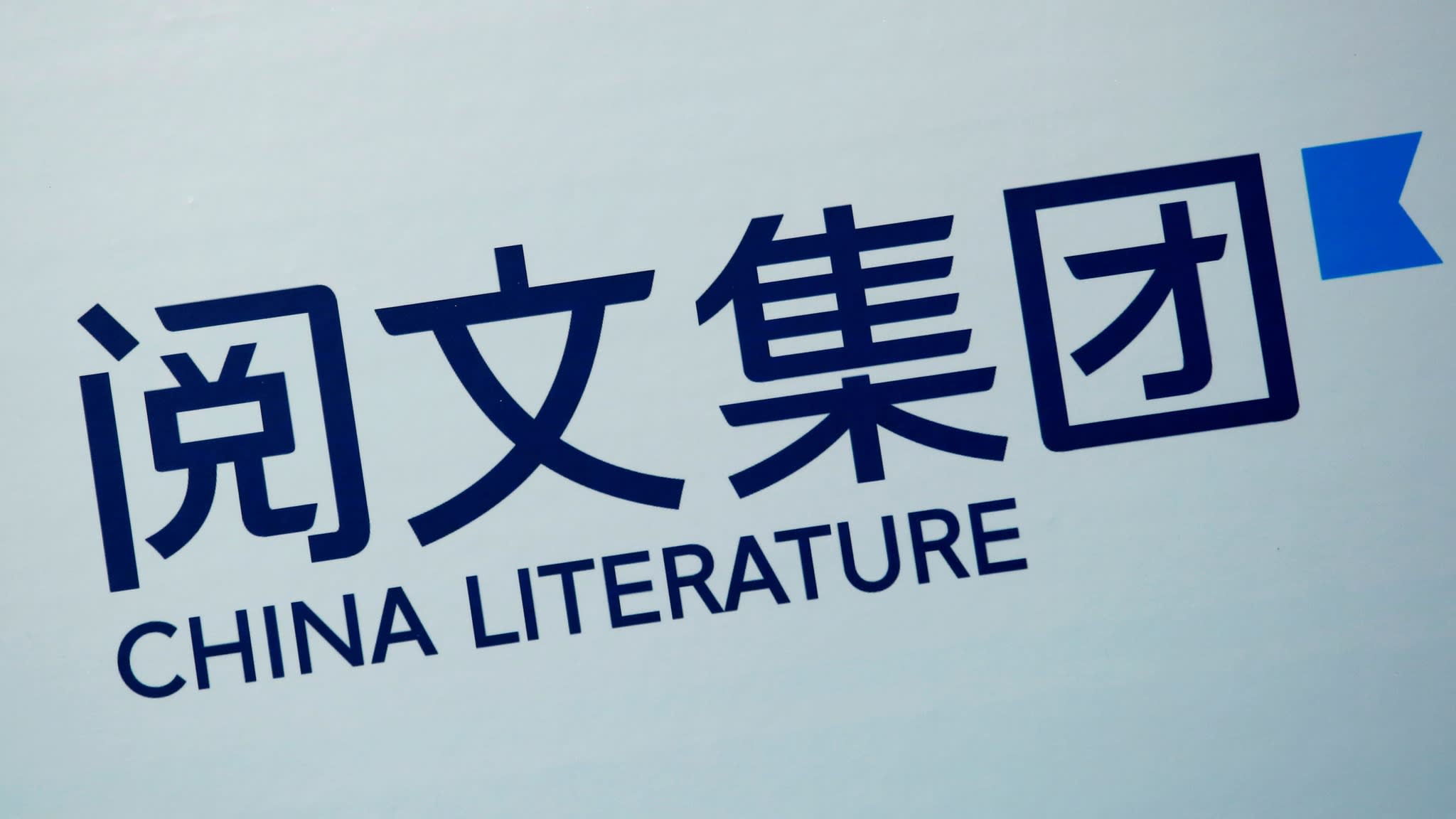Internet writers protest what they call unfair contracts with Tencent company
Internet writers protest what they call unfair contracts with Tencent company

Hundreds of thousands of writers signed to China Literature, the country’s biggest online publisher, went on an online strike on May 5, protesting against exploitative contracts and the company’s regular infringement of their intellectual property rights. China Literature is a subsidiary of Tencent, the Chinese internet behemoth behind WeChat.
The strike’s organizers were demonstrating against proposed changes to China Literature’s business model and contracts with its writers. Writers stopped publishing new content on the website on the day of the strike.
While the changes haven’t been confirmed by the platform, rumors swirling inside the community of China Literature’s users indicated the company was planning to remove its paywall on all of the content on its site and rely solely on advertisements as primary drivers of revenue.
According to the organizers, the potential move will negatively affect writers’ income, which primarily comes from subscription fees and tips from their readers. “Financially speaking, we were already drowning in quicksand before the rumors. Now they are trying to give us a death blow,” a China Literature writer told (in Chinese) AI Financial Club, a WeChat blog with a focus on Chinese business news. “I would absolutely support their removal of paywalls if they could ensure fairness and transparency when distributing ad revenues, but there haven’t been any promises like that.”
Protest organizers were also critical of China Literature’s approach to intellectual property. As many of them pointed out, while the company was extremely successful in turning its writers’ intellectual property assets, such as games and films, into multiple streams of revenues, the content creators themselves were often excluded from this business. Writers said the website forced them to sign agreements when they began writing for the platform which required them to fully relinquish control of their work at a low price.
“This is a call for writers to get our voices out,” a statement associated with the strike reads. The statement also suggested that from now on every May 5 should be national writers’ day, devoted to tackling a specific issue unique to internet writers each year.
As of today, the strike has attracted a great deal of attention on Chinese social media. On Weibo, “Internet writers organizing a May 5 stop publishing event” (#网文作家自发五五断更节#), a hashtag that describes the strike, has generated more than 1,600 million views, and about 46,000 posts. “If you don’t stand in solidarity with these writers today, no one will help you when Tencent violates your rights in the future!” a Weibo user wrote (in Chinese).
The strike comes on the heels of a major leadership change at China Literature: A few members of the company’s senior management team, most of whom were early employees who built the website, resigned and were replaced by people from Chinese internet giant Tencent, which is China Literature’s largest shareholder. Speaking about the dramatic resignation, a Tencent employee close to the matter told AI Financial Club that there had been “ideological conflicts” between Tencent and China Literature’s founding team for a considerable amount of time. The proposed changes, according to the person, were suggested by Tencent and met with strong opposition from China Literature’s founders before they left the company.






